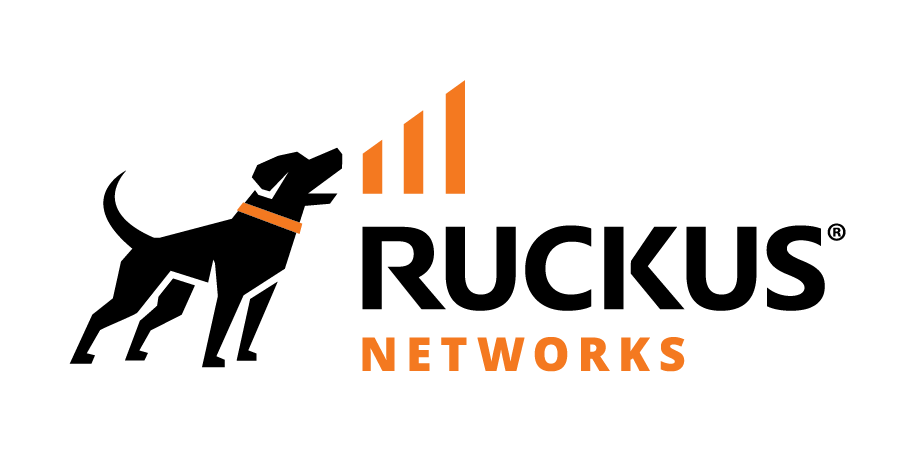- Community
- RUCKUS Technologies
- RUCKUS Lennar Support
- Community Services
- RTF
- RTF Community
- Australia and New Zealand – English
- Brazil – Português
- China – 简体中文
- France – Français
- Germany – Deutsch
- Hong Kong – 繁體中文
- India – English
- Indonesia – bahasa Indonesia
- Italy – Italiano
- Japan – 日本語
- Korea – 한국어
- Latin America – Español (Latinoamérica)
- Middle East & Africa – English
- Netherlands – Nederlands
- Nordics – English
- North America – English
- Poland – polski
- Russia – Русский
- Singapore, Malaysia, and Philippines – English
- Spain – Español
- Taiwan – 繁體中文
- Thailand – ไทย
- Turkey – Türkçe
- United Kingdom – English
- Vietnam – Tiếng Việt
- EOL Products
- RUCKUS Forums
- RUCKUS Technologies
- SZ / vSZ
- Re: Restrict WLAN usage to certain laptops
- Subscribe to RSS Feed
- Mark Topic as New
- Mark Topic as Read
- Float this Topic for Current User
- Bookmark
- Subscribe
- Mute
- Printer Friendly Page
- Mark as New
- Bookmark
- Subscribe
- Mute
- Subscribe to RSS Feed
- Permalink
- Report Inappropriate Content
06-16-2021 06:47 AM
We've set up a few dozen AP together with Cloudpath and an onsite vSZ. We have configured an internal WLAN that should only be used by employees with their company laptops. So far, users can access this WLAN by using their AD credentials (authentication is done via SZ and NPS server). Cloudpath is only used for our guest WLAN.
Unfortunately, every user can also connect their mobile phones or private laptops to that particular WLAN. To prevent this I thought about using machine certificates. How do I best implement that? Or is there a better solution for that problem?
Solved! Go to Solution.
- Mark as New
- Bookmark
- Subscribe
- Mute
- Subscribe to RSS Feed
- Permalink
- Report Inappropriate Content
06-18-2021 03:02 AM
Because our laptops are not AD joined and we don't know how big the effort would be to install a CA, create and distribute certificates, we will most probably go with MAC authentication. I've tested this and it works as expected. Downside is management effort since every client needs to have an user account in AD.
- Mark as New
- Bookmark
- Subscribe
- Mute
- Subscribe to RSS Feed
- Permalink
- Report Inappropriate Content
06-23-2021 06:42 AM
If you have more than 128 devices, you will run up against that limitation, just fyi.
- Mark as New
- Bookmark
- Subscribe
- Mute
- Subscribe to RSS Feed
- Permalink
- Report Inappropriate Content
06-23-2021 06:50 AM
I've stumpled across that limitation somewhere in the forums or manuals. However, I'm not implementing the ACL on SmartZone but with RADIUS and an AD account for each MAC address. So there should be no limitation on the number of addresses.
- Mark as New
- Bookmark
- Subscribe
- Mute
- Subscribe to RSS Feed
- Permalink
- Report Inappropriate Content
06-19-2021 06:16 AM
Hello,
So you have MS AD, but no PKI installed, and want to prevent employees to connect private devices to the network.
The most secure way would be to use certificates for authentication (both user and machine), but for that you need to install PKI and distribute certificates. It is a standard corporate setup, you can find step by step guides how to do it. But if company isn't that big, it may be a lot of work for not that much result.
You can get similar limitations using MAC filtering, but it is not actually secure, and not that convenient too.
Probably the simplest way would be to use DPSK, which is somewhere in between and is easy manageable.
-
9210
1 -
AD
1 -
AP Controller Connectivity
2 -
AP Management
5 -
AP reporting
1 -
API Help
1 -
Client Management
4 -
er
1 -
Google
1 -
Guest Access
3 -
ICX Switch Management
1 -
IP Multicast
1 -
Proposed Solution
3 -
RADIUS
2 -
RUCKUS Self-Help
8 -
SmartZone
4 -
SmartZone or vSZ
6 -
Social Media
1 -
Solution Proposed
3 -
string
1 -
SZ ICX Connectivity
1 -
Traffic Management-
1 -
User Management
2 -
vSZ
2 -
Wifi
1 -
WLAN Management
2
- « Previous
- Next »

